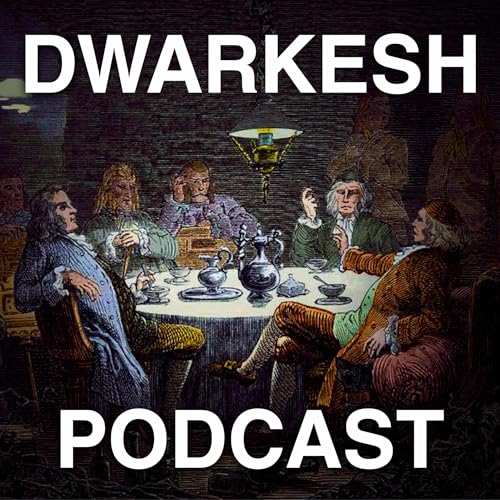This is the final episode of the Sarah Paine lecture series, and it’s probably my favorite one. Sarah gives a “tour of the arguments” on what ultimately led to the Soviet Union’s collapse, diving into the role of the US, the Sino-Soviet border conflict, the oil bust, ethnic rebellions and even the Roman Catholic Church. As she points out, this is all particularly interesting as we find ourselves potentially at the beginning of another Cold War.
As we wrap up this lecture series, I want to take a moment to thank Sarah for doing this with me. It has been such a pleasure.
If you want more of her scholarship, I highly recommend checking out the books she’s written. You can find them here.
Watch on YouTube; read the transcript.
Sponsors
* Labelbox can get you the training data you need, no matter the domain. Their Alignerr network includes the STEM PhDs and coding experts you’d expect, but it also has experienced cinematographers and talented voice actors to help train frontier video and audio models. Learn more at labelbox.com/dwarkesh.
* Sardine doesn’t just assess customer risk for banking & retail. Their AI risk management platform is also extremely good at detecting fraudulent job applications, which I’ve found useful for my own hiring process. If you need help with hiring risk—or any other type of fraud prevention—go to sardine.ai/dwarkesh.
* Gemini’s Nano Banana Pro helped us make many of the visuals in this episode. For example, we used it to turn dense tables into clear charts so that’d it be easier to quickly understand the trends that Sarah discusses. You can try Nano Banana Pro now in the Gemini app. Go to gemini.google.com.
Timestamps
(00:00:00) – Did Reagan single-handedly win the Cold War?
(00:15:53) – Eastern Bloc uprisings & oil crisis
(00:30:37) – Gorbachev’s mistakes
(00:37:33) – German unification and NATO expansion
(00:48:31) – The Gulf War and the Cold War endgame
(00:56:10) – How central planning survived so long
(01:14:46) – Sarah’s life in the USSR in 1988
Get full access to Dwarkesh Podcast at www.dwarkesh.com/subscribe
 2 h et 22 min
2 h et 22 min 2 h et 50 min
2 h et 50 min 1 h et 50 min
1 h et 50 min 12 min
12 min Dec 19 20251 h et 55 min
Dec 19 20251 h et 55 min 1 h et 36 min
1 h et 36 min 1 h et 28 min
1 h et 28 min Oct 31 20251 h et 31 min
Oct 31 20251 h et 31 min
